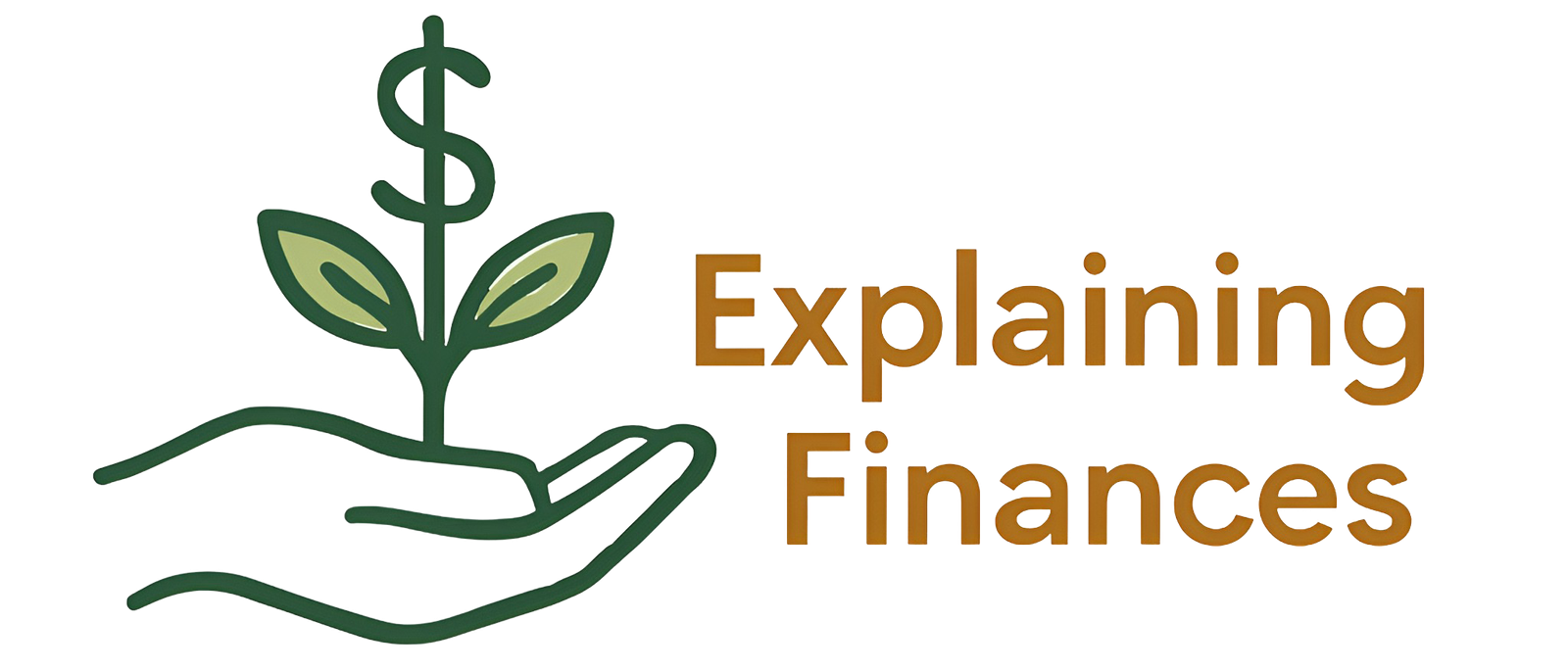The global trade war has entered a new phase in 2025 as the tariffs promised by Donald Trump on Canada, Mexico, and China officially take effect. Beijing has responded with strict countermeasures, including retaliatory tariffs and actions at the World Trade Organization (WTO), while Canada and Mexico have vowed to fight back. What does this mean for investors and the global economy?
🔥 What’s Happening?
The newly imposed U.S. tariffs target key industries in all three countries, with rates ranging from 10% to 25%. Trump’s stated goal is to protect American industries and reduce the trade deficit, but the broader consequences could be significant.
- China: Implemented retaliatory tariffs of up to 15% on selected American products, such as agricultural goods and chemicals. It also expanded export controls on several U.S. firms and filed a complaint with the WTO.
- Canada: Called the tariffs “unjustified” and announced countermeasures affecting steel, aluminum, and agricultural products.
- Mexico: Responded with tariffs on pork, alcoholic beverages, and other American exports.
📉 Impact on Investors
The trade war affects not only the directly involved countries but also triggers ripple effects across global markets. Here’s how key sectors are impacted:
🏦 1. Stock Market Volatility
Uncertainty fuels volatility, and industries dependent on international trade could suffer significant losses:
- Technology: U.S. tech companies reliant on Chinese-manufactured components may face rising costs.
- Automotive: Car manufacturers importing parts from Mexico or Canada risk losing competitiveness.
- Agriculture: American soybean and pork producers face Chinese retaliatory tariffs, creating opportunities for Brazilian exporters.
🔹 What Should Investors Do? ✅ Diversify portfolios into sectors less exposed to international trade, such as healthcare and utilities. ✅ Invest in companies with a strong domestic market presence.
🌍 2. Impact on Commodity Markets
Trade tariffs alter global supply and demand dynamics:
- Oil & Gas: Mexican retaliation could disrupt energy markets, affecting industrial costs.
- Metals: Tariffs on steel and aluminum benefit U.S. domestic producers but increase costs for dependent industries.
- Agricultural Commodities: China is already shifting imports from the U.S. to alternative suppliers, particularly Brazil.
🔹 Investment Strategies: ✅ Consider commodity ETFs for diversification. ✅ Monitor trends to anticipate opportunities in the agricultural and energy sectors.
💰 3. Currency Market Fluctuations
Tariffs can drive significant swings in global currencies:
- U.S. Dollar (USD): Could strengthen as a safe-haven currency but may weaken if trade tensions slow economic growth.
- Mexican Peso & Canadian Dollar: Likely to depreciate due to escalating trade disputes.
- Chinese Yuan: May be intentionally devalued by Beijing to maintain export competitiveness.
🔹 Risk Management Tips: ✅ Hedge against currency fluctuations with international asset diversification. ✅ Consider exposure to strong currencies like the Swiss franc or Japanese yen.
📊 4. Bond & Real Estate Investment Trusts (REITs)
Trade uncertainty may impact interest rates and asset valuations:
- U.S. Bonds: If the Fed responds to an economic slowdown, interest rates could decline, reducing bond yields.
- REITs: Commercial real estate may face headwinds if businesses scale back investments.
🔹 Portfolio Adjustments: ✅ Favor short-term bonds, which are less sensitive to interest rate fluctuations. ✅ Focus on residential REITs, which are less affected by trade disputes.
❓ Key Questions to Consider
🤔 How far will this trade war go? Are we witnessing the start of deglobalization and a new economic order?
💸 Who are the winners and losers? While some U.S. sectors may benefit from tariff protection, others will suffer from retaliation. What about consumers?
📈 How should investors position themselves? Is it time to shift towards defensive assets, or are there sectors that could emerge stronger from this turmoil?
📣 Conclusion & Investment Strategies
The 2025 trade war underscores how interconnected the global economy is, with ripple effects that can be hard to predict. For investors, staying informed and adaptable is crucial.
🔹 Diversify Your Portfolio: Consider industries less affected by tariffs, such as healthcare and technology. 🔹 Watch Commodity Trends: Precious metals like gold and silver tend to appreciate in times of uncertainty. 🔹 Follow Political Developments: Trade policies can change rapidly based on negotiations and regulatory actions.
🚀 What’s your take?
💬 How will Trump’s tariffs impact your investments? 💬 Which sectors do you think will be hit hardest? 💬 What steps can governments take to prevent further escalation?
The trade war is just beginning, and its long-term consequences could shape the future of the global economy. Stay alert and be prepared for the challenges ahead!
